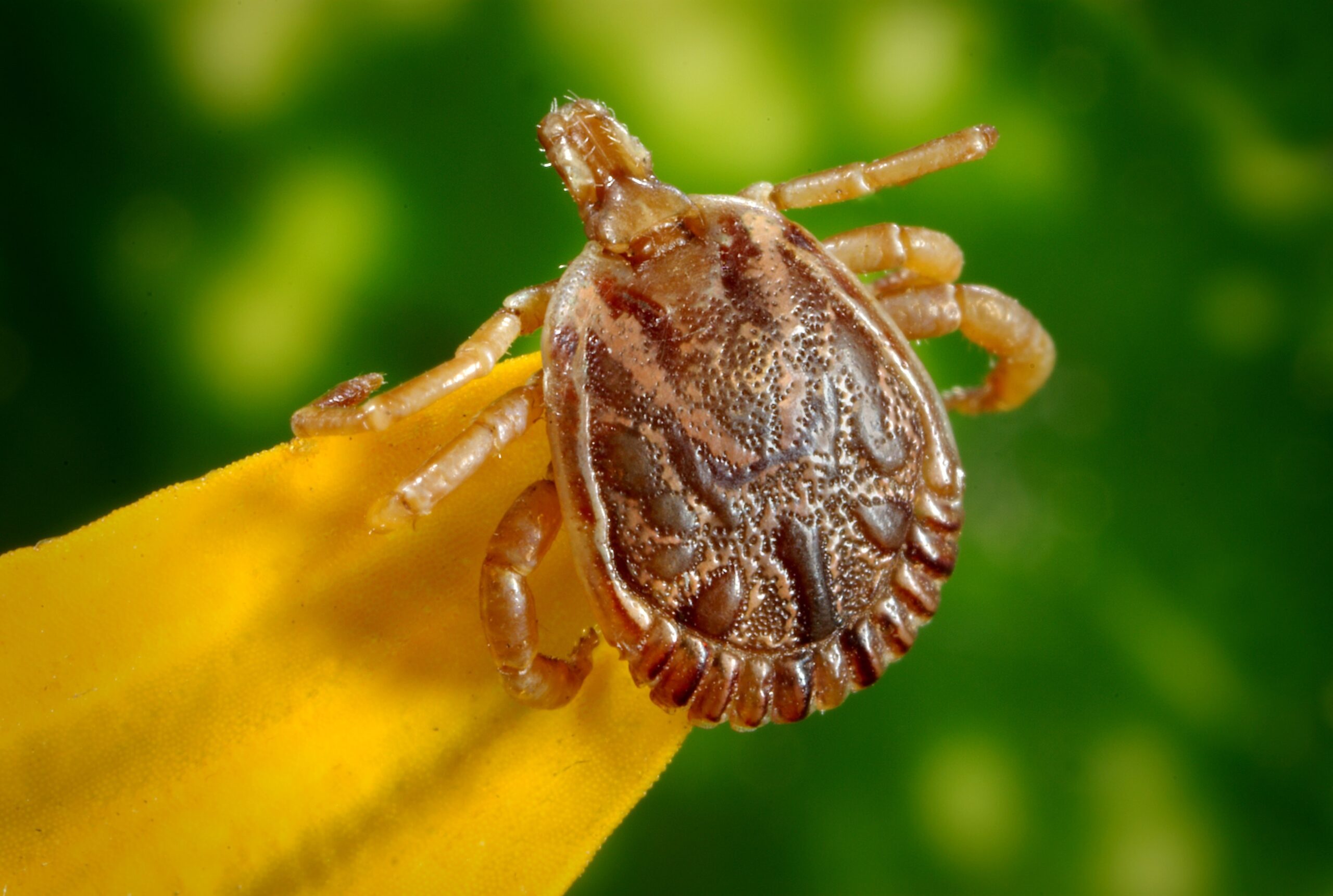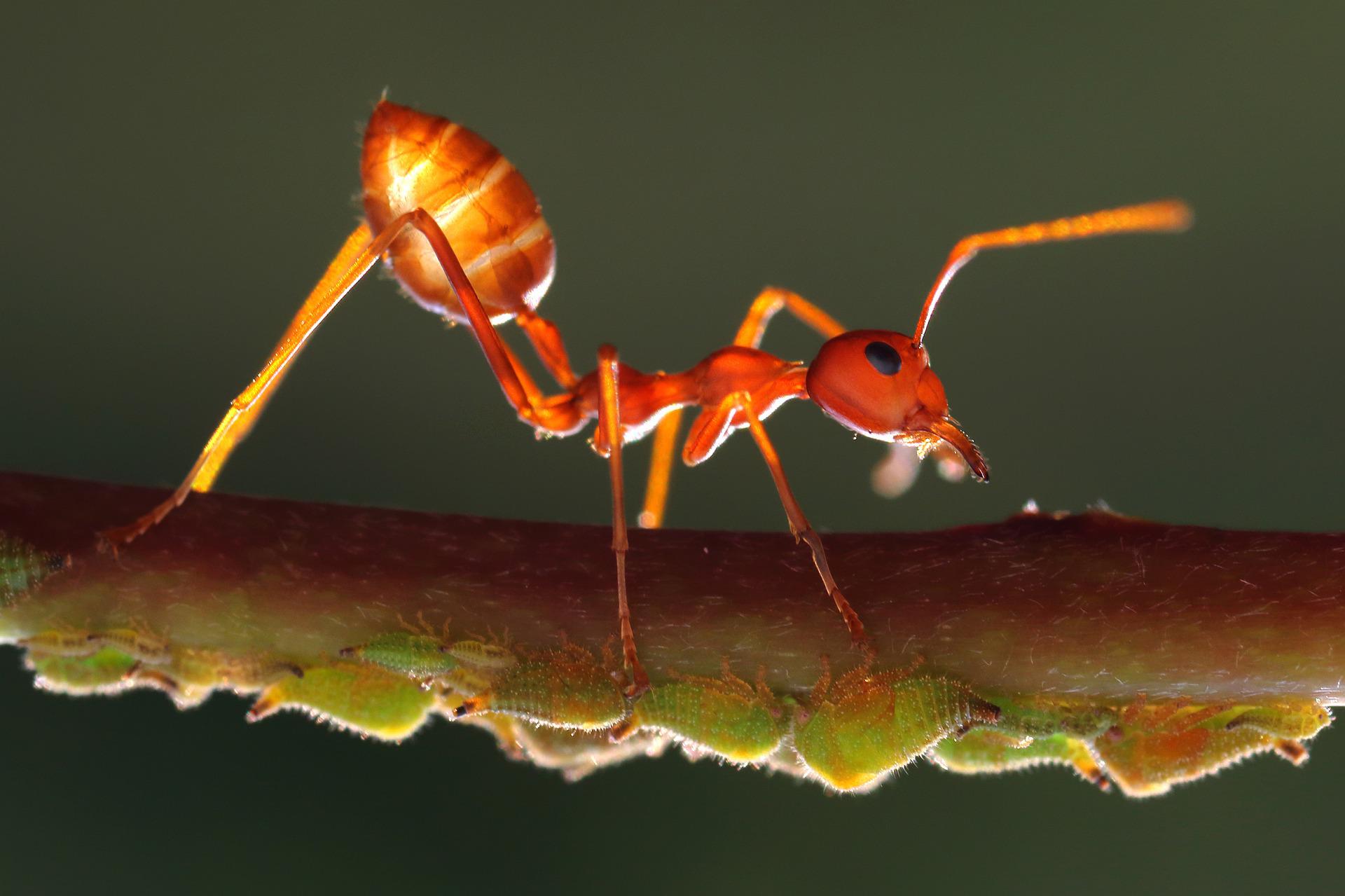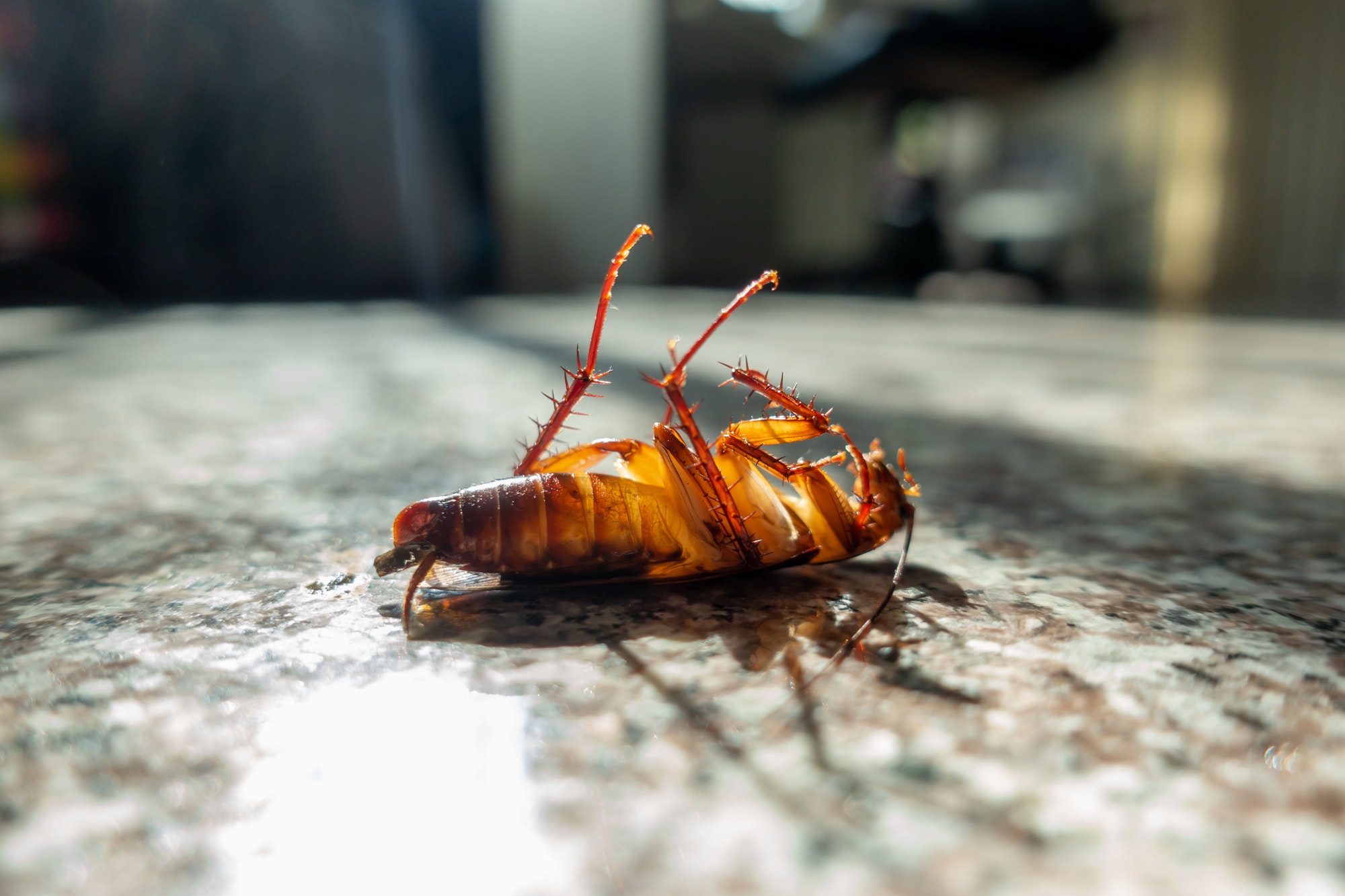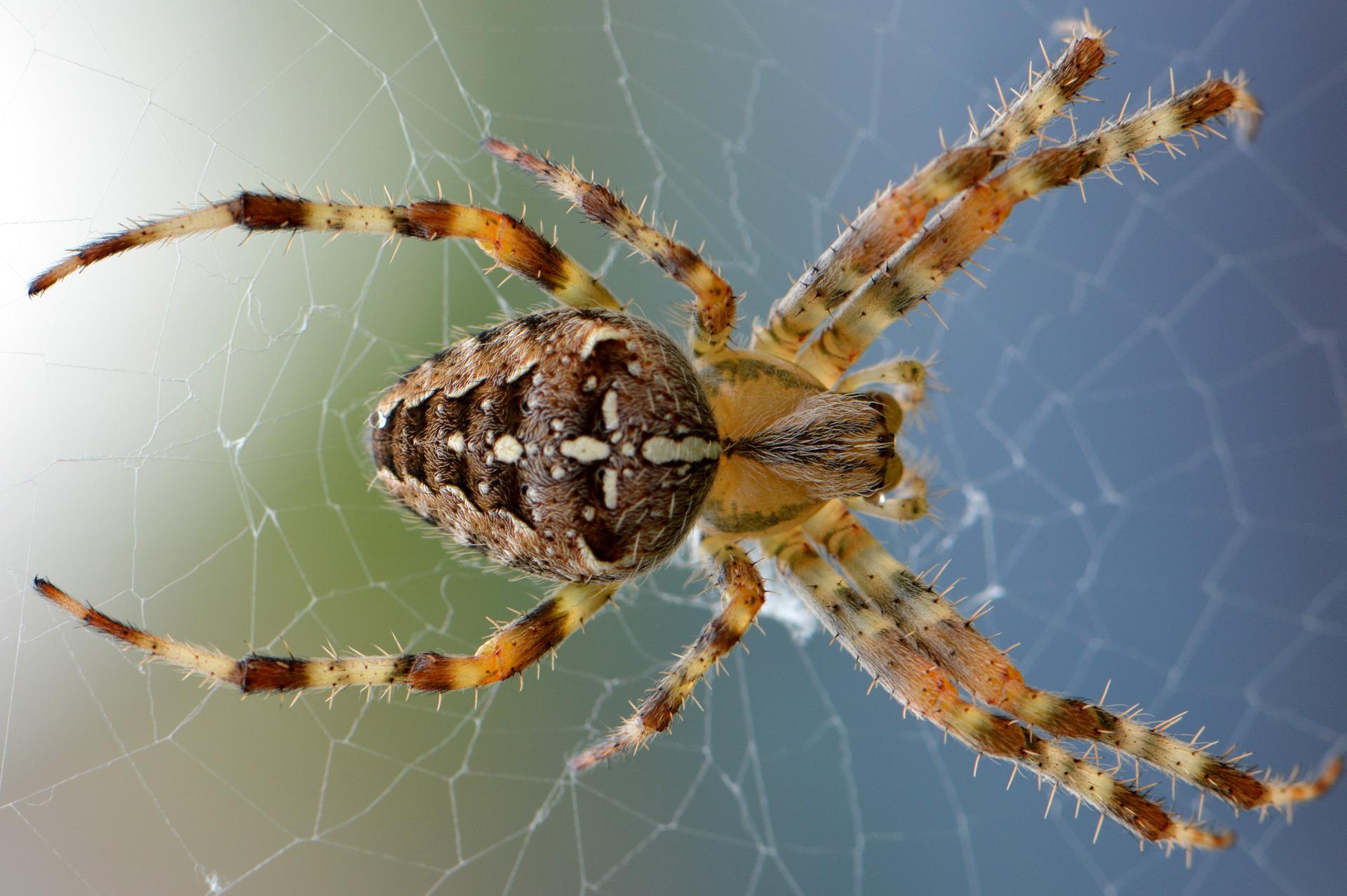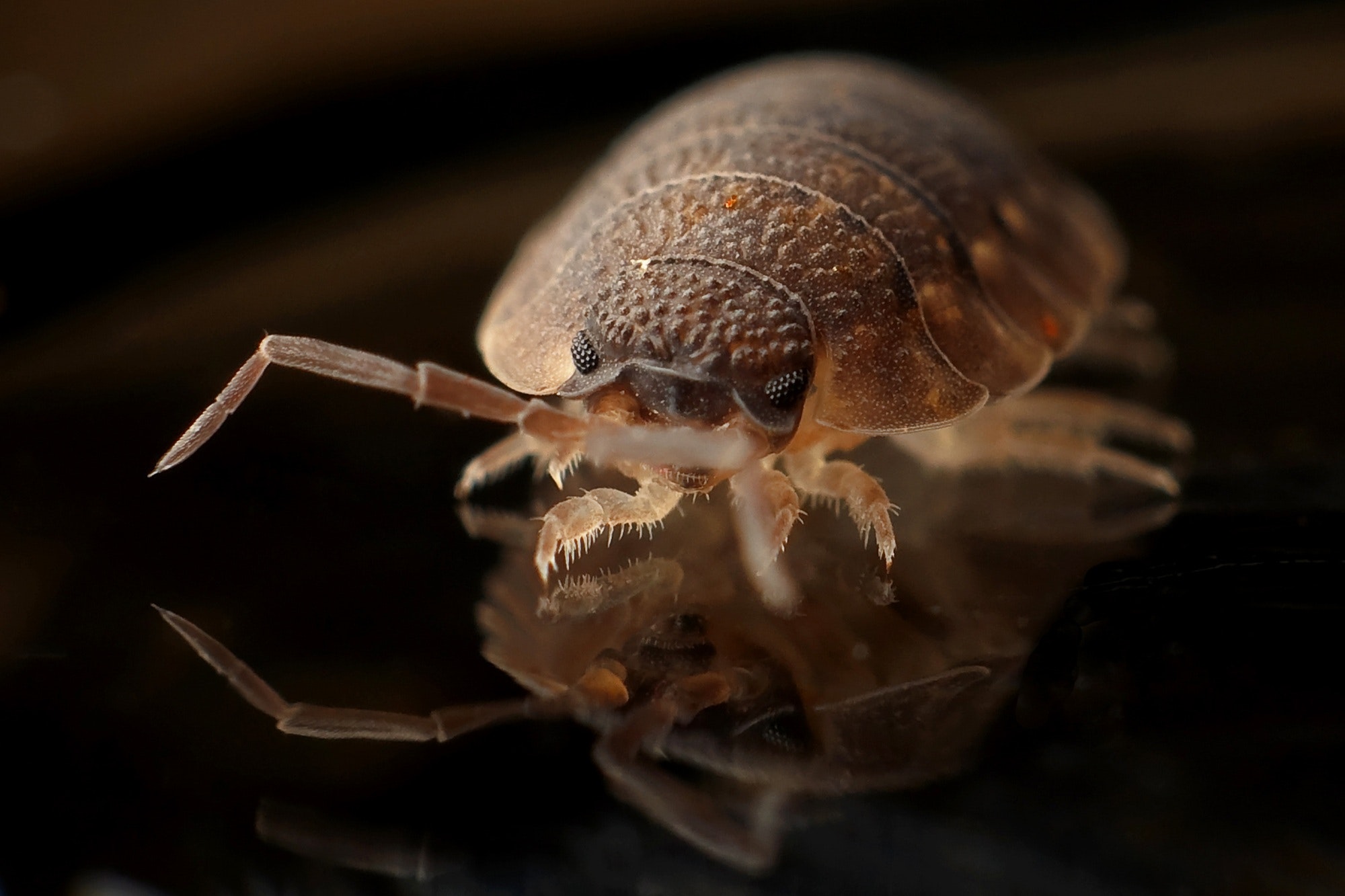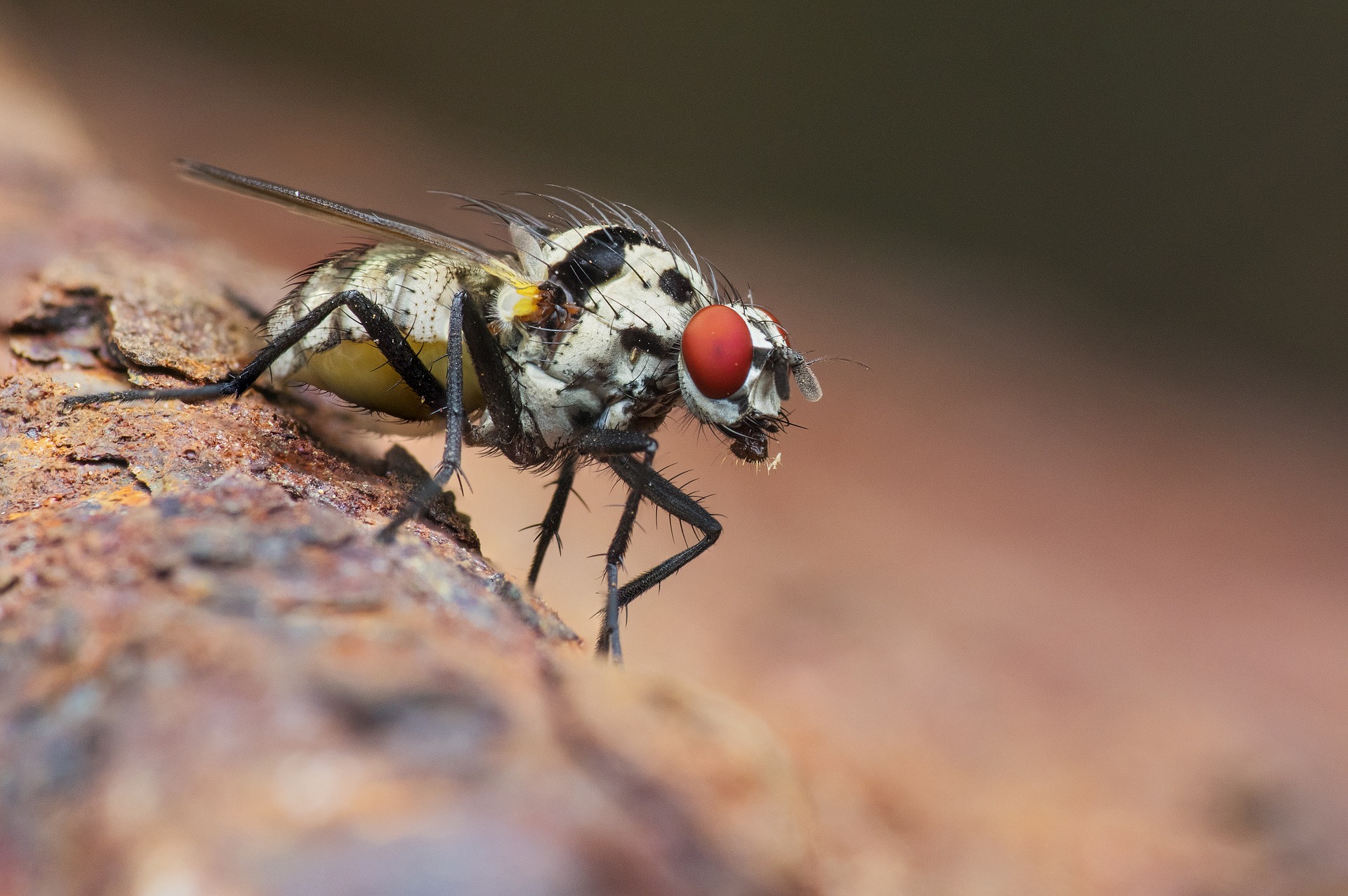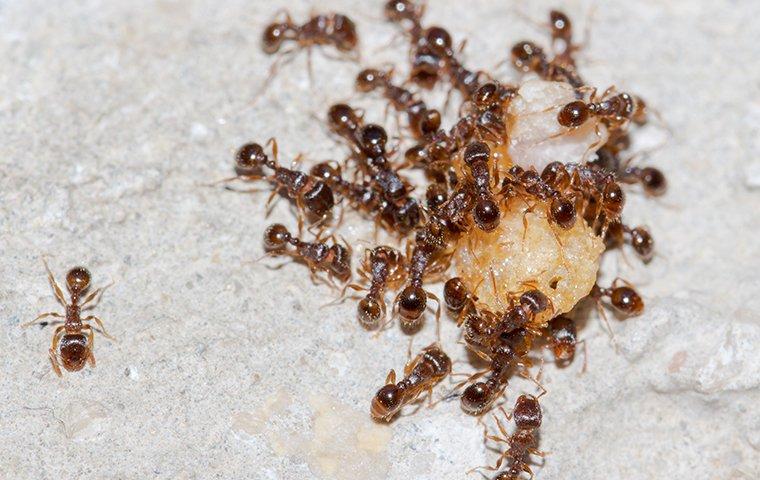Powassan Virus is a tick-borne illness that was first identified in 1958. The virus is spread through the bite of an infected tick and can cause serious health problems, including encephalitis (inflammation of the brain), meningitis (inflammation of the lining of the brain and spinal cord), and even death. While Powassan Virus is not as common as other tick-borne illnesses like Lyme Disease, it is important to be aware of this virus and take steps to protect yourself against it. This blog post will provide information on what Powassan Virus is, how it is spread, and what you can do to protect yourself from this serious illness. We will also tackle how climate change can impact the spread of this virus.
What is Powassan Virus and its symptoms?
Powassan virus is a rare but serious illness that can cause neurological damage. The virus is transmitted through the bite of an infected tick, and it can cause encephalitis (inflammation of the brain) and meningitis (inflammation of the spinal cord). Symptoms of the powassan virus include fever, headache, vomiting, and muscle weakness. The powassan virus can lead to coma and even death in severe cases. While the powassan virus is not as common as other tick-borne illnesses like Lyme disease, it is important to be aware of this virus and take steps to protect yourself against it.
How is Powassan Virus spread?
Unlike other tick-borne diseases, a single infected tick can transmit the Powassan Virus while attached to humans for as little as 15 minutes. The black-legged or deer tick (Ixodes scapularis) commonly carry the POW virus. These ticks are most active during the spring and summer months.
The Powassan virus is transmitted through the bite of an infected tick. Ticks become infected with the virus when they feed on infected animals, such as rodents or deer. When an infected tick bites a human, the virus can be transmitted to the person. Powassan virus is most commonly found in northeastern United States, but it has also been found in ticks in other parts of the country.
What can you do to protect yourself from Powassan Virus?
There is no vaccine or specific treatment for the Powassan Virus, so the best way to protect yourself from this illness is to prevent tick bites. To prevent tick bites, you should:
- Wear long sleeves and pants when outdoors, and wear light-colored clothing so that ticks are easier to see.
- Use insect repellent that contains at least 20% DEET, picaridin, or IR3535.
- Avoid wooded and brushy areas, and stay in the middle of trails when hiking.
- Check your body for ticks after being outdoors, and remove any ticks that you find promptly.
- Talk to your doctor if you develop symptoms after a tick bite.
How Can Climate Change Impact the Spread of the Powassan Virus?
Climate change can impact the spread of the powassan virus in several ways:
- Warmer temperatures can extend the tick season and increase the days ticks are active.
- Rising temperatures can cause ticks to mature more quickly, so they will be able to infect people with the virus sooner.
- Higher temperatures can also cause infected animals to shed the virus for longer, increasing the risk of transmission to humans.
- Extreme weather events like floods and droughts can create favorable conditions for tick populations to flourish.
Along with the continuous effect of climate change, pest-related diseases increased. Powassan Virus happened again early this year. In the first week of May, one elderly woman in her 90s from Connecticut had been hospitalized with a strange assortment of symptoms: confusion, nausea, and chest pain, to name some. Two weeks later, she passed away from what is believed by doctors & scientists studying this case that the culprit was only one thing – an infected black-legged tick! This is the second Powassan-related death in the United States this year. In April, someone in Maine died in the hospital after contracting the illness from a tick bite. Two deaths in a span of two month might not seem like a lot. But with the Powassan virus on the rise, it’s worth paying attention to.
As per the study, black-legged ticks carrying Powassan can kill one in 10 people who develop severe symptoms. Unfortunately, half of those survivors continue to experience the effects of the disease, such as loss of muscle mass and recurring headaches, for the rest of their lives.
As climate change causes temperatures to creep upward and tick populations to explode, we can only expect more cases of this deadly disease. So, it is high time we should take some precautionary measures to prevent this virus as there is no vaccine or any specific treatments available for this disease. So, let’s pledge to do our bit to save ourselves as well as the environment we live in!
